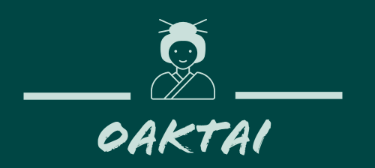Miyuki was determined to learn basic Japanese vocabulary before her upcoming trip to Tokyo. She knew that it would not only enhance her experience in Japan but also help her communicate better with the locals. Miyuki had already memorized some of the most common phrases such as “hello” (konnichiwa) and “thank you” (arigato). But she still had a long way to go.
She decided to dedicate her next few days to expand her vocabulary. Miyuki started by learning some basic nouns such as “book” (hon), “food” (tabemono), and “water” (mizu). She also learned some adjectives such as “delicious” (oishii), “hot” (atsui) and “cold” (tsumetai).
Next, Miyuki focused on learning some verbs. She learned how to say “eat” (taberu), “drink” (nomu), and “go” (iku). These were basic verbs that she would require for basic conversation. She also learned some basic sentence structures such as “Watashi wa (I am) Miyuki desu (is)” and “Doko (where) desu ka (is it?).”
Miyuki was proud of the progress she had made in just a few days. She felt more confident about speaking Japanese and excited about her upcoming trip to Tokyo. She continued to practice her vocabulary every day, using flashcards and online resources to enhance the learning process. She knew that learning basic Japanese vocabulary was just the beginning of her exciting journey into the Japanese language and culture.
Early Japanese Vocabulary
It’s hard to practice reading Japanese until you have a firm grasp of several words. One fun method is to use story-based language learning to learn a language.

